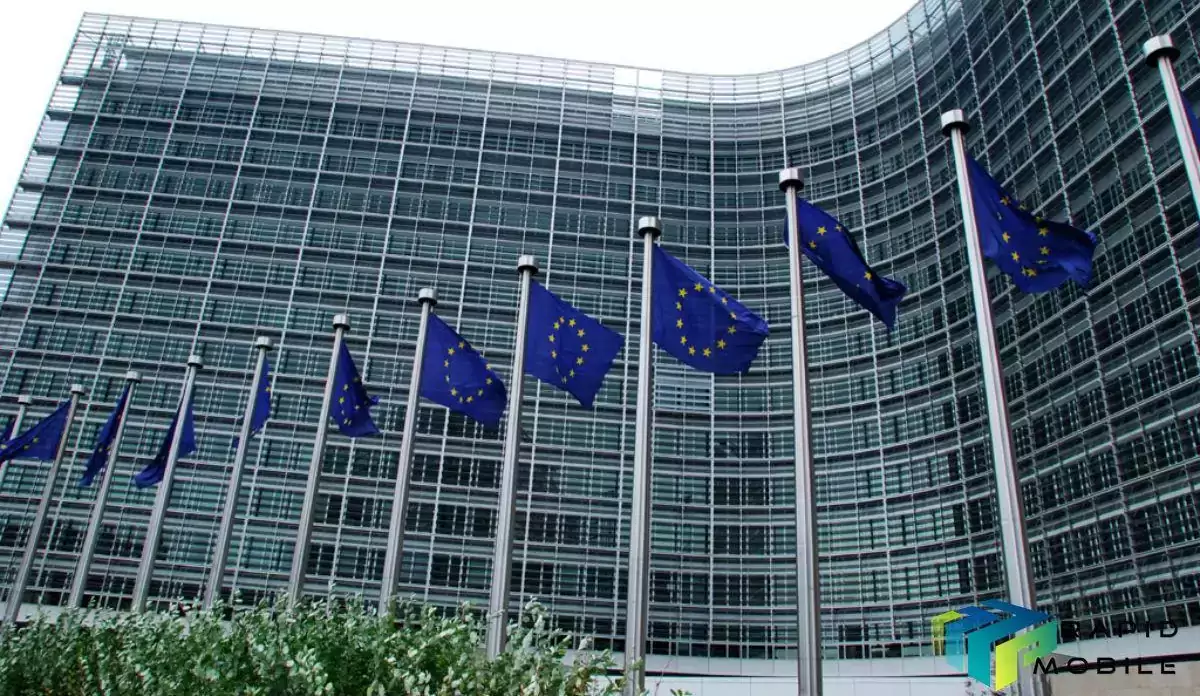The European Commission has agreed to commitments offered by Apple over ‘tap and go’ technology on iPhones, which will be legally binding under EU antitrust rules.
To address regulators’ concerns, Apple earlier this year offered to change its NFC implementation. This proposal is what led to the European Commission’s decision today to close the antitrust investigation into the system.
Apple won’t implement the original list of suggestions it proposed, but rather an amended version that takes into account feedback collected by the EU from other market players.
The commitments address the Commission’s competition concerns relating to Apple’s refusal to grant rivals access to a standard technology used for contactless payments with iPhones in stores (‘Near-Field-Communication (NFC)’ or ‘tap and go’).
The most significant change to Apple’s mobile payment system is that third-party digital wallet apps are gaining access to the NFC chip in iOS devices. That will allow users of those apps to make contactless purchases using stores’ payment terminals. As part of its antitrust commitments, Apple has pledged not to charge for NFC access or make it conditional on developers’ use of Apple Pay and Apple Wallet.
Consumers will receive the ability to set third-party digital wallet apps as their default payment method instead of Apple Pay. If such an app is configured as the default method, it will automatically launch whenever users place their iPhones near an NFC payment terminal.
The change that Apple made to its antitrust commitments before they were accepted by the EU introduced a number of additional requirements. In particular, the iPhone maker will have to provide a simple way of setting a third-party digital wallet as the default payment app on iOS devices. Additionally, Apple will allow consumers to make purchases at stores that use a smartphone as a payment terminal.
The company will set up a dispute resolution system for developers who wish to challenge restrictions on their apps’ NFC access. Under the revised version of Apple’s antitrust commitments, it has agreed to set shorter deadlines for addressing such complaints. The iPhone maker will also allow independent reviews of the NFC access restrictions it imposes.
“Today’s decision makes Apple’ commitments binding,” said European Commission Executive Vice President Margrethe Vestager.
“It opens up competition in this crucial sector, by preventing Apple from excluding other mobile wallets from the iPhone’s ecosystem. From now on, competitors will be able to effectively compete with Apple Pay for mobile payments with the iPhone in shops.”
Apple has committed to the following:
- To extend the possibility to initiate payments with HCE payment apps at other industry-certified terminals, such as merchant phones or devices used as terminal (so called SoftPOS), if this is enabled.
- To explicitly acknowledge that HCE developers are not prevented from combining the HCE payment function with other NFC functionalities or use cases.
- To remove the requirement for developers to have a licence as a Payment Service Provider (‘PSP’) or a binding agreement with a PSP to access the NFC input.
- To allow NFC access for developers to pre-build payment apps for third party mobile wallet providers.
- To update the HCE architecture to comply with evolving industry standards used by Apple Pay, and to continue to update standards even if they are no longer implemented by Apple Pay, under certain conditions.
- To enable developers to prompt users to easily set up their default payment app and redirect users to the default NFC settings page, enabling defaulting with only a few clicks.
- To comply with the same industry standard-specifications as developers of HCE payment apps and to protect confidential information obtained in the context of an audit.
- To shorten deadlines for resolving disputes. Moreover, Apple offered additional independence and procedural guarantees for the monitoring trustee.
Apple’s commitments are set to go into effect on June 25. They will remain in force for ten years throughout the European Economic Area, which includes the EU, Iceland, Liechtenstein and Norway.
A monitoring trustee appointed by Apple will provide updates on the company’s compliance with the commitments to the European Commission.



